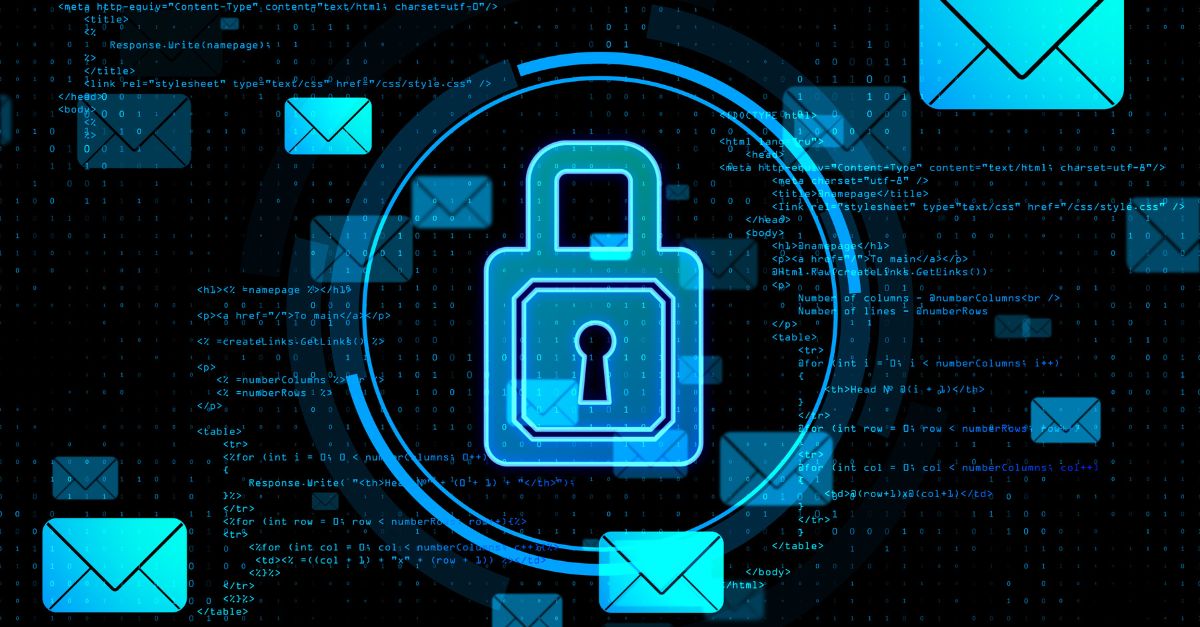A Code Signing Certificate is a digital certificate that contains information that fully identifies an entity and is issued by a Certificate Authority. It allows developers to include information about themselves and their code through the use of digital signatures. The certificate ensures that the software has not been tempered and the user can safely download it. To create a digital signature (the act of Code Signing), the developer uses a Digital Certificate.
The Digital Certificate binds the identity of an organization to a public key that is mathematically related to a corresponding private key pair. The private key is used to apply a digital signature to a shortened version of the code that is run through a hashing algorithm, and the public key is used to verify the signature. Signing the hash of the code provides a method to validate if the code has changed in any way since it was signed. Even changing one character in a line of code will alter the hash and be detected as a suspect.
WHAT IS THE USE OF A CODE SIGNING CERTIFICATE?
Code Signing is a process by which the software developer signs the applications and executables before releasing them to the public. This certificate assesses whether the software that is being downloaded comes directly from the publisher. It helps increase the number of software downloads and improves the brand image of the software developer too. In addition, the certificate proves the publisher’s authenticity and code integrity. It also allows users to trust any upgrades, and all major browsers and operating systems support code signing.
STANDARD CODE SIGNING VS. EXTENDED VALIDATION CODE SIGNING CERTIFICATE
Standard Code Signing Certificates are used by software developers to digitally sign applications, drivers, executables, and software programs for end-users. Our certificates verify that the signed software is legitimate, comes from a known software vendor, and that the code has not been tampered with, since published. They include your signature, your company’s name, and if desired, a timestamp.
On the other hand, Extended Validation (EV) Code Signing Certificates retain all the benefits of standard code signing certificate and add a stringent vetting process and hardware protection requirement, so your users can easily trust in the integrity of your applications. It provides an immediate reputation with Microsoft SmartScreen Filter and removes scary warning messages that the application might show to end-users. GlobalSign allows standard, and EV Code Signing Certificates to be installed on customer HSMs or in Azure Key Vault and adds an essential layer of trust to the installation process.

CODE SIGNING HELPS IMPROVE
Content Source:
Code Signing identifies that the software or application comes from a specific source (a developer or signer). When software is downloaded from the internet, browsers will exhibit a warning message stating the possible dangers of downloading data or display an “unknown publisher” warning. Code Signing removes the “Unknown Publisher” security warnings and identifies the publisher’s name (i.e., Organization Name).
Content Integrity:
Code Signing ensures that a piece of code has not been altered and determines whether the code is trustworthy for a specific purpose. If the application/ software code is tampered with or altered after digitally signing, the signature will appear invalid and untrusted. Signing code is beneficial for users downloading applications and beneficial for developers. Users are assured who they are downloading software from and can decide whether or not to trust the source. Developers can mark their “brand” and protect their software from unwanted changes.
CONCLUSION
Unsigned software is subject to tampering, such as the insertion of spyware or malware, so end users are encouraged not to run unsigned code. Downloading or running unsigned applications will generate worrying “Unknown Publisher” security warnings. Once digitally signed, customers can be sure of the identity of the software developer and that the software has not been altered since being published by the original vendor. The security warnings that appear with unsigned code are replaced with notifications containing the software publisher’s information – adding a basic level of trust to the application.
GlobalSign Code Signing Certificates provide you with the ability to attest to the authentication, security, and integrity of your code. It ensures the end-user knows the software is legitimate, comes from a known software vendor, and the code has not been tampered with since being published. GlobalSign Code Signing Certificates are multi-purpose certificate which can be used to digitally sign:
- Microsoft Authenticode files (32 and 64bit) including Kernel software
- Adobe Air Applications
- Apple Desktop Applications
- Java applications
- Microsoft Office Macros and Visual Basic
- Mozilla XPI packages for Firefox
For more information, please contact us today.







